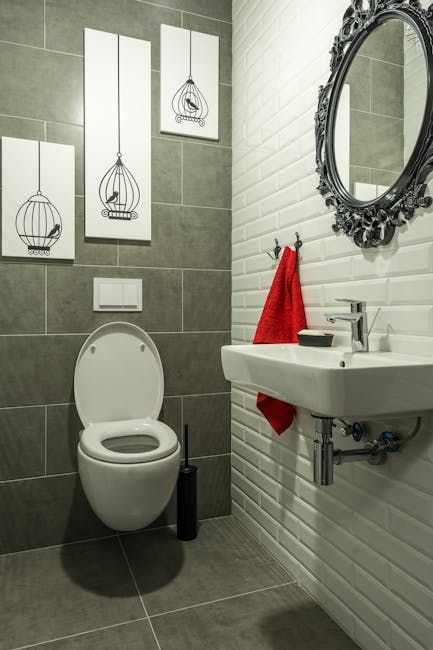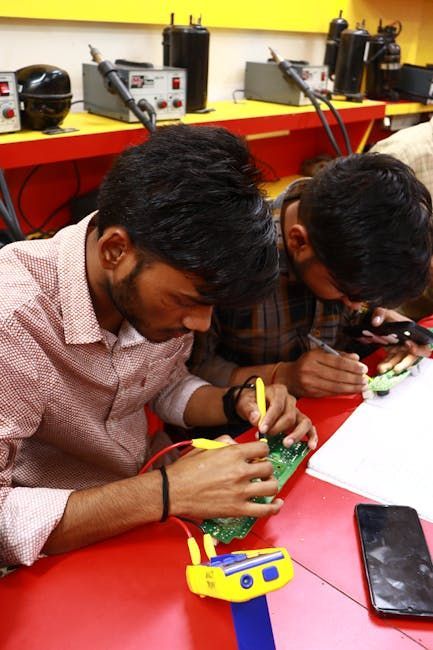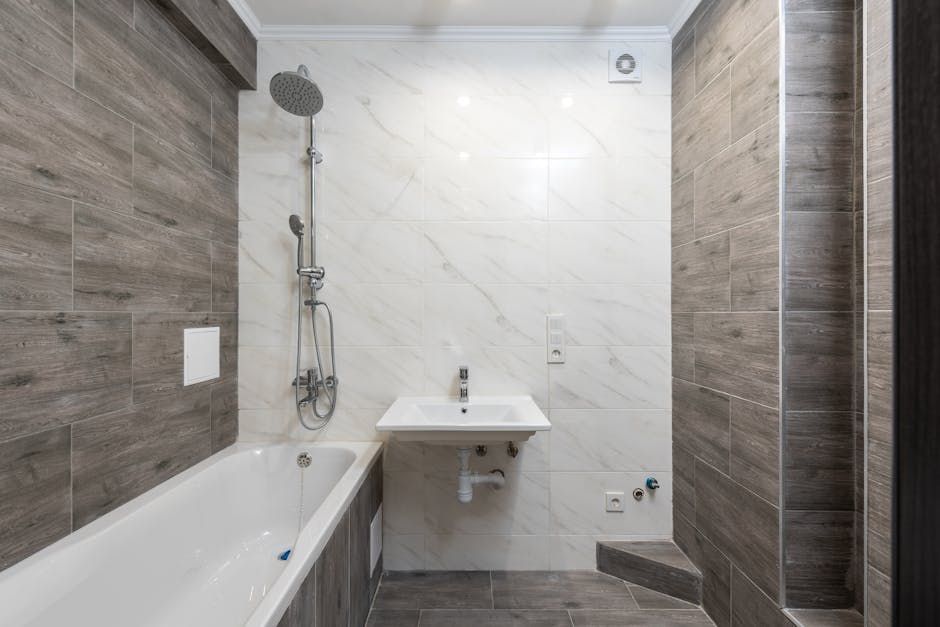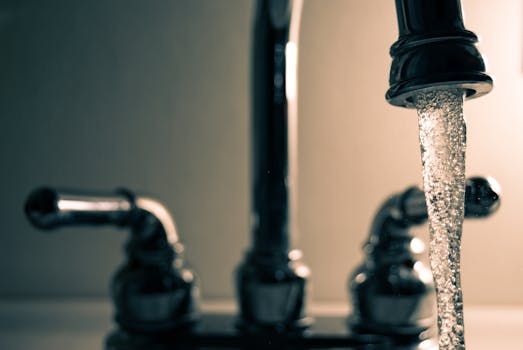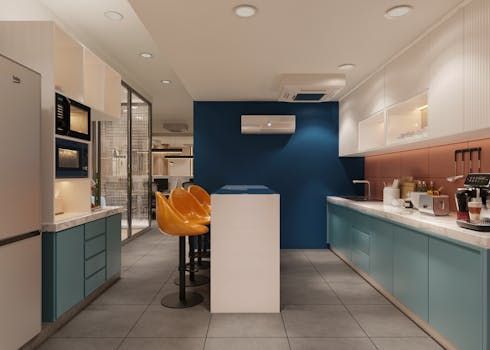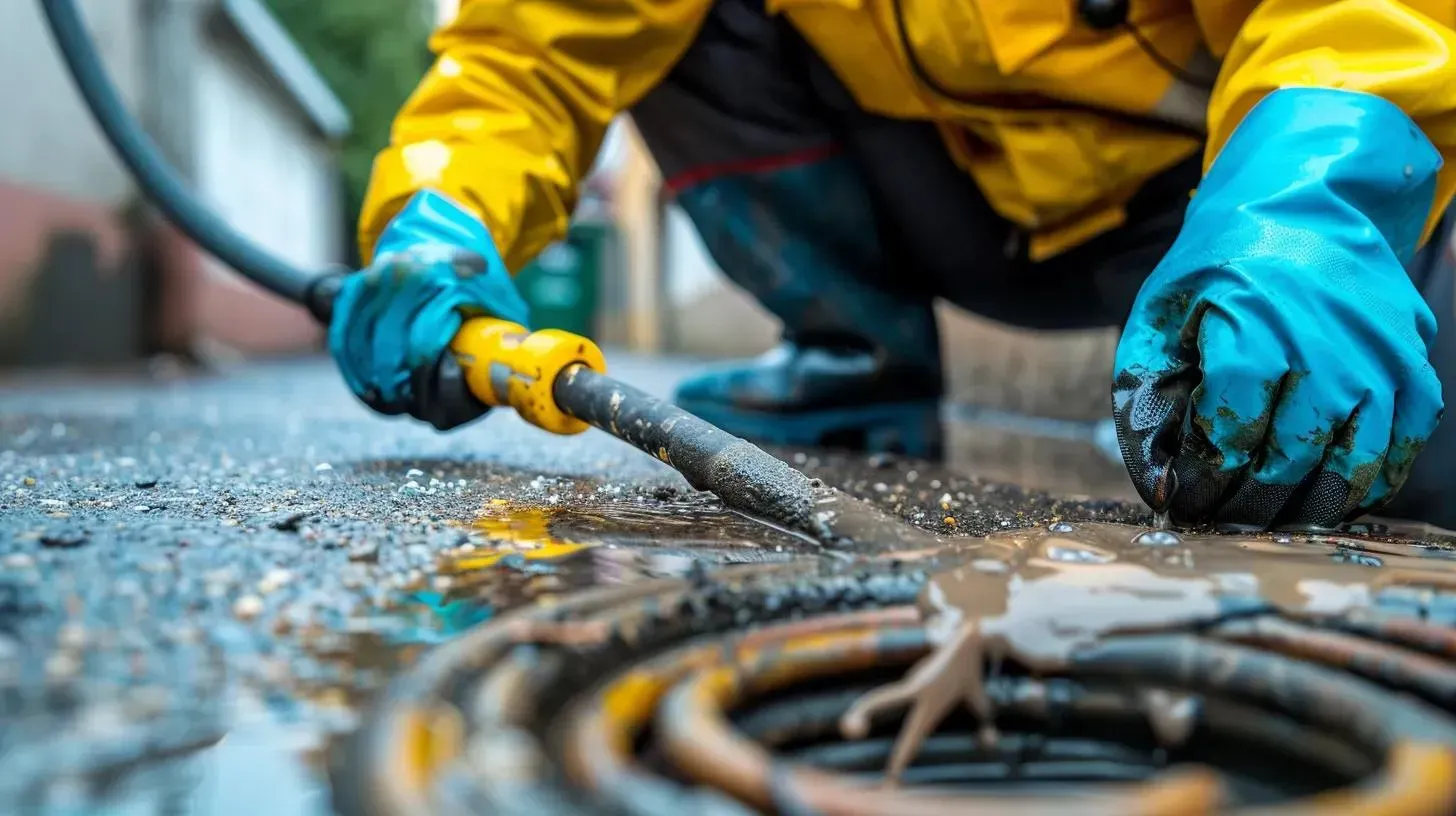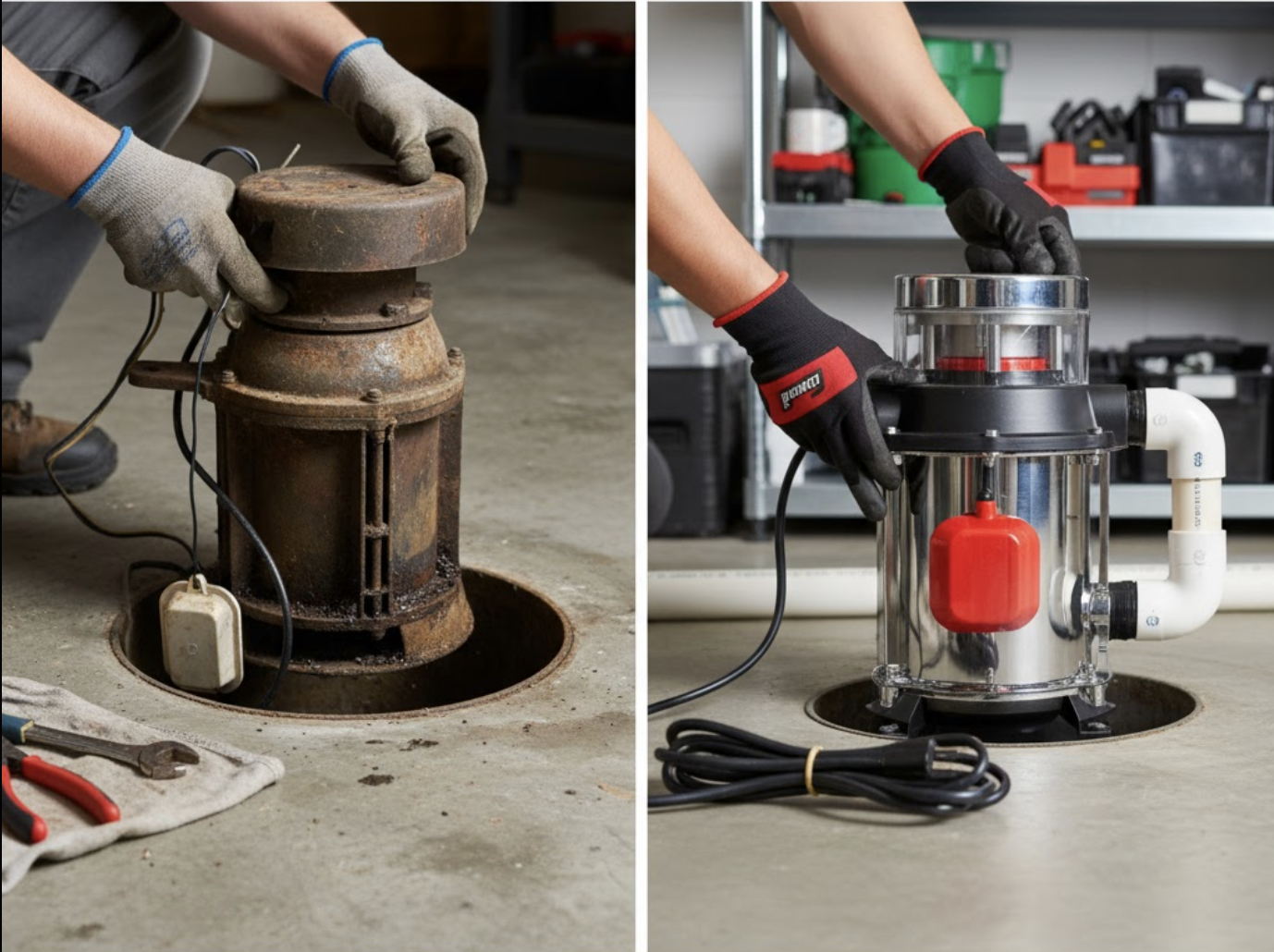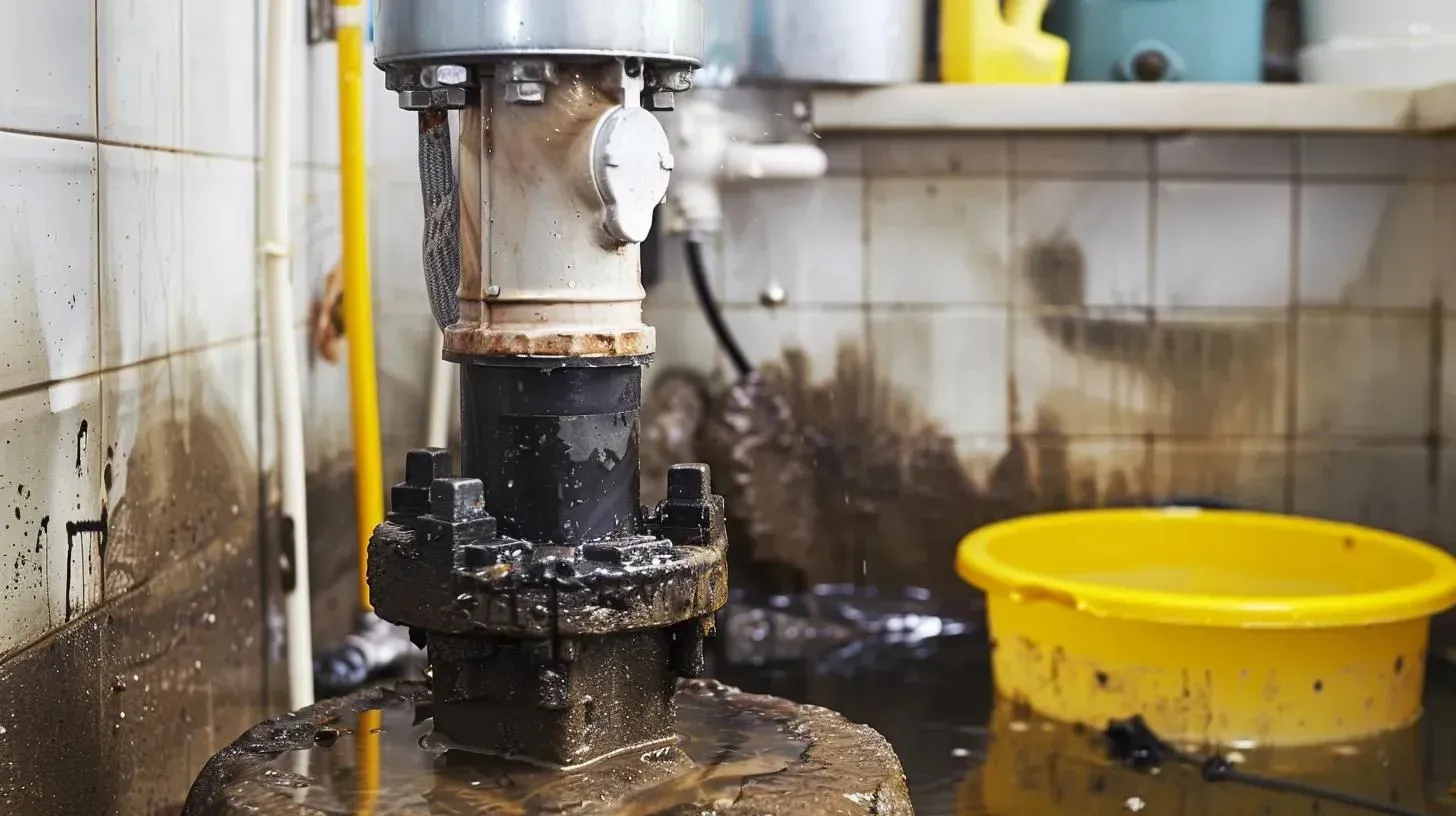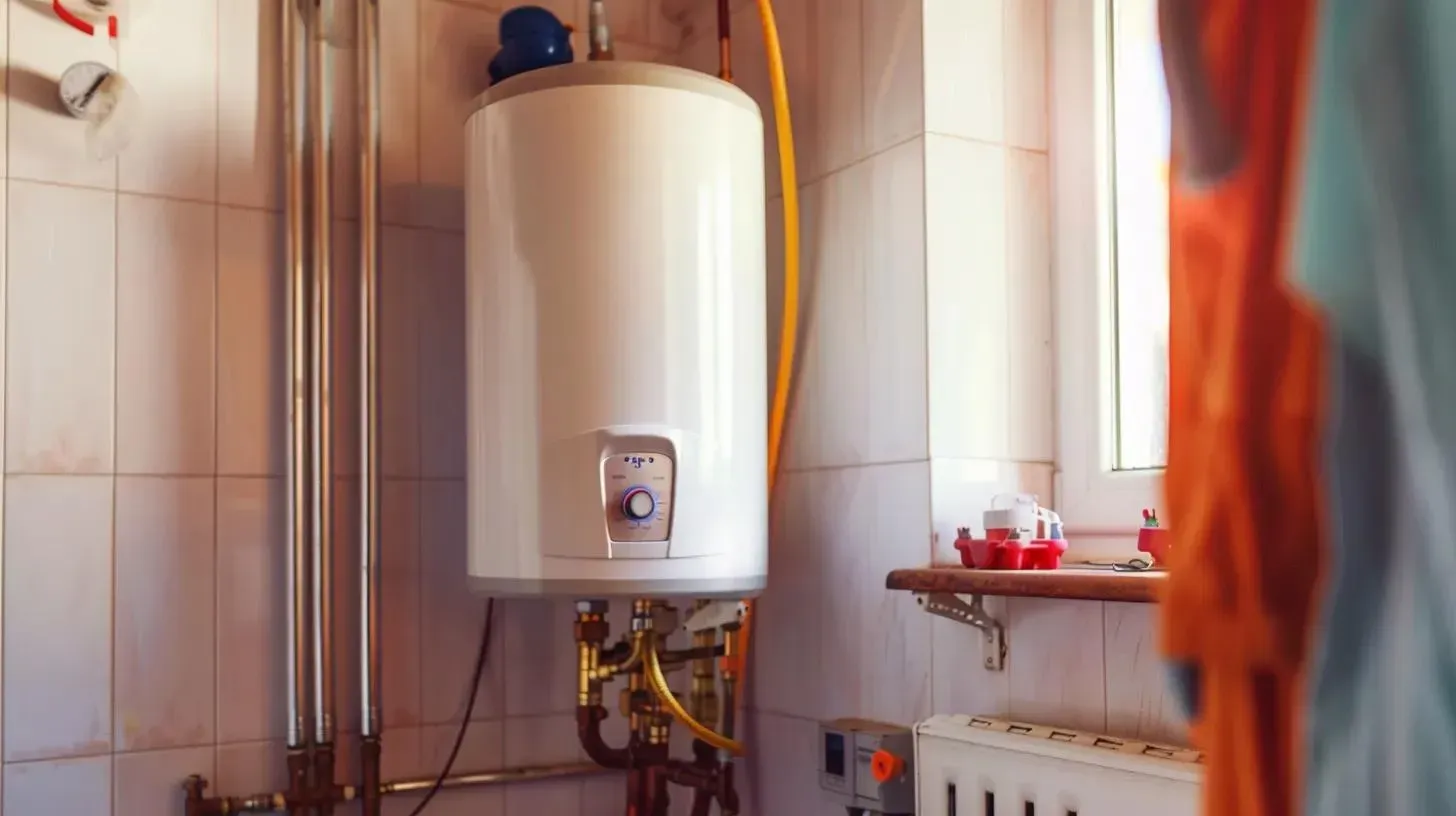Reliable Sump Pump Installation Companies You Can Trust
Protecting Your Home: Why Professional Sump Pump Installation Matters
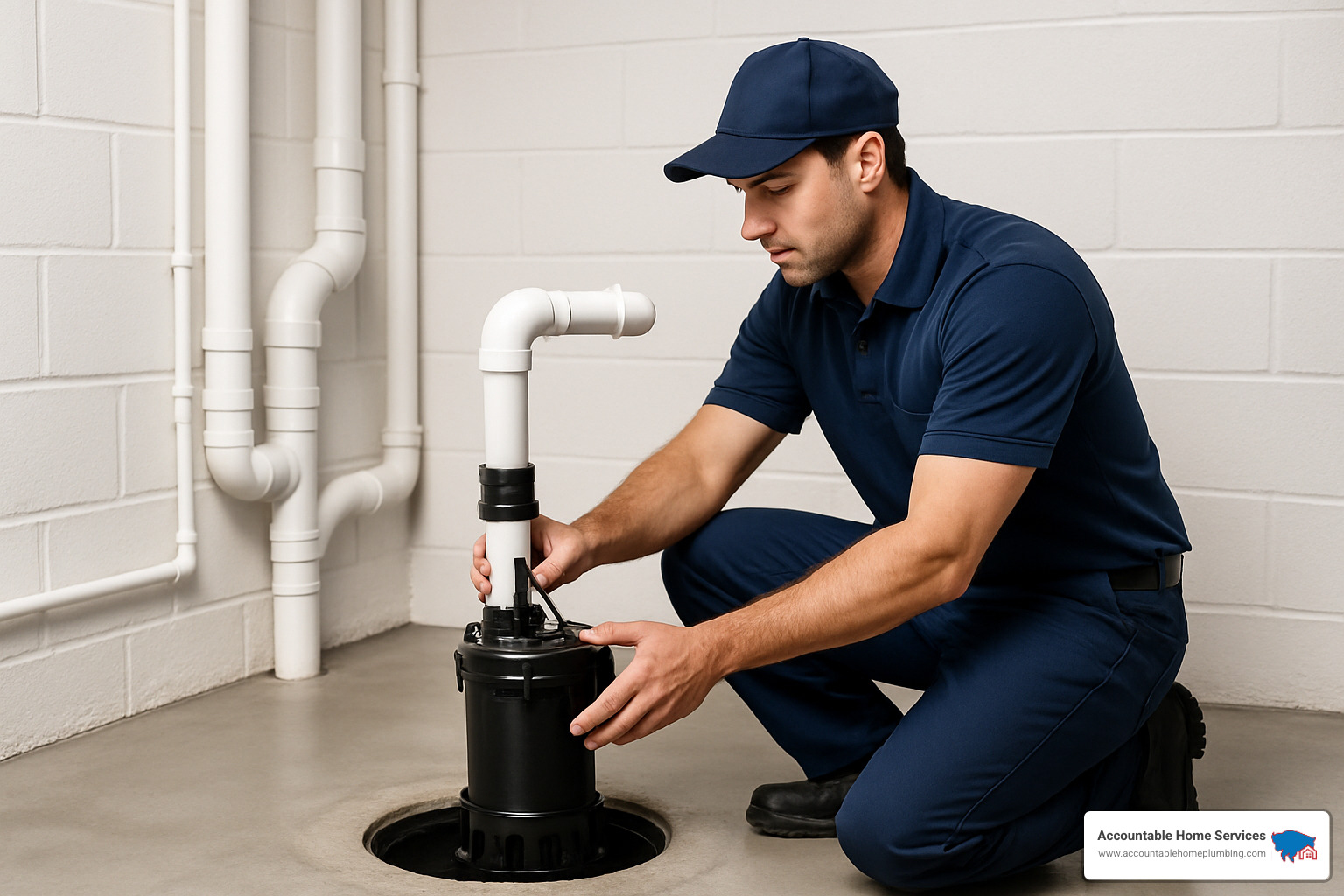
Sump pump installation companies provide essential services for homeowners looking to protect their basements from water damage. Here's what you need to know when searching for a reliable installation provider:
- Licensing Requirements: Look for companies with proper plumbing licenses and certifications
- Average Cost: $835 nationally (range $480-$1,460) for new installations
- Installation Timeline: 3-4 hours for replacement; several days for new systems
- Key Questions to Ask: Experience with similar homes, warranty coverage, emergency services
- Warning Signs: No written estimates, pressure tactics, lack of references
When it comes to safeguarding your basement against flooding, a properly installed sump pump system is your first line of defense. More than half of American homes have sump pumps installed to combat below-ground moisture issues. Without this critical system, you risk costly water damage, dangerous mold growth, and potential foundation problems that can severely impact your property value.
Professional installation ensures your system is correctly sized for your home's specific needs, properly connected to electrical systems, and efficiently directs water away from your foundation. While DIY installation might seem tempting, the complexity of properly excavating the sump pit, installing check valves, and meeting local building codes makes professional installation the wiser choice for most homeowners.
I'm Mike Martinez, owner of Accountable Home Plumbing in Denver, with extensive experience evaluating and partnering with reputable sump pump installation companies throughout Colorado. My team and I have helped countless homeowners protect their properties from water damage through expert installation and maintenance services.
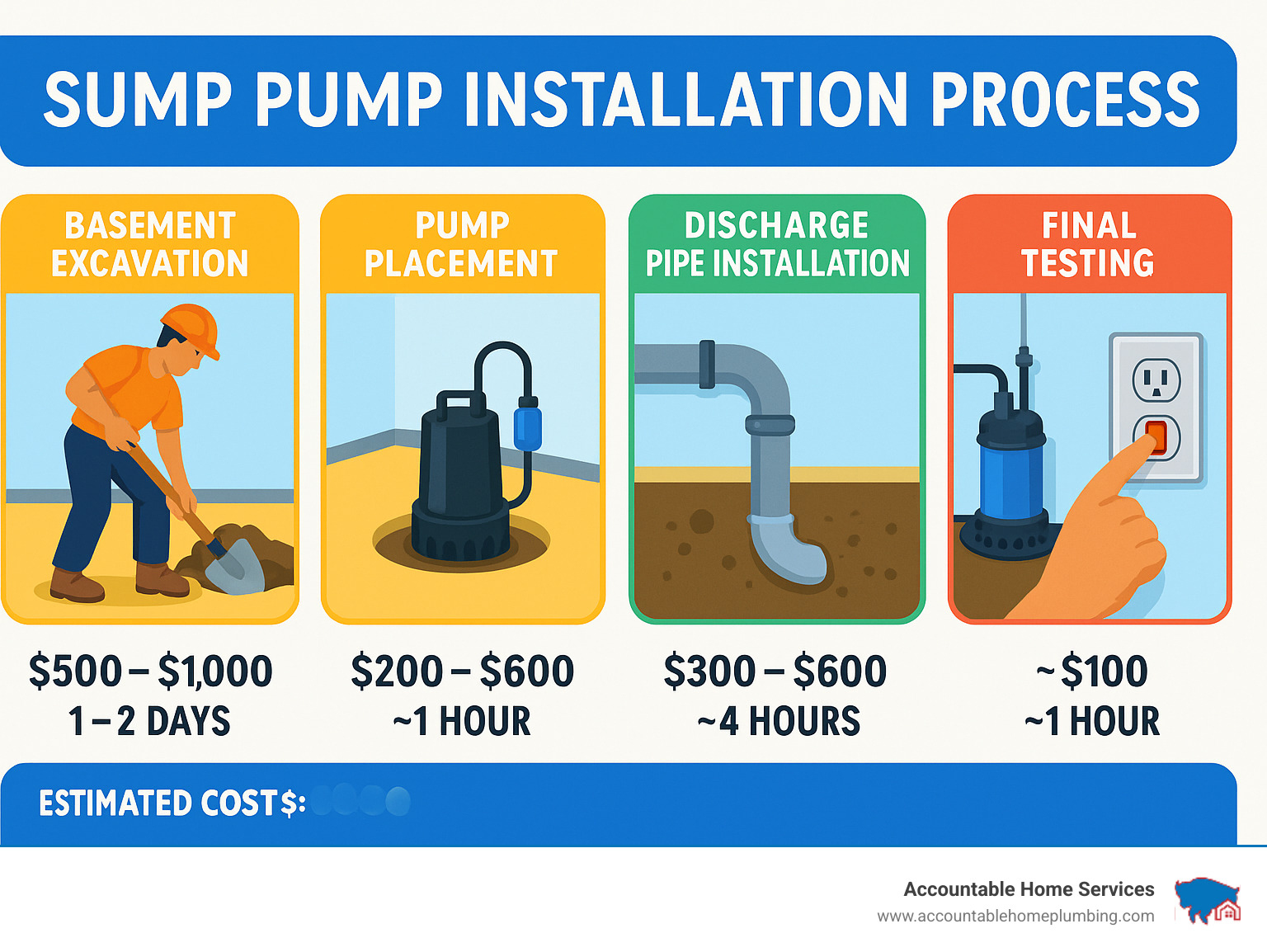
Do You Need a Sump Pump? Key Signs & Benefits
Is your basement trying to tell you something? Before you start researching sump pump installation companies, it's worth figuring out if your home actually needs one. While not every property requires this protection, certain telltale signs suggest your home is practically begging for a sump pump system.
Warning signs your home needs a pump
Your basement communicates in its own way, and it's important to listen. Those damp corners and musty smells aren't just minor annoyances – they're your home's way of signaling potential water problems that could lead to serious damage.
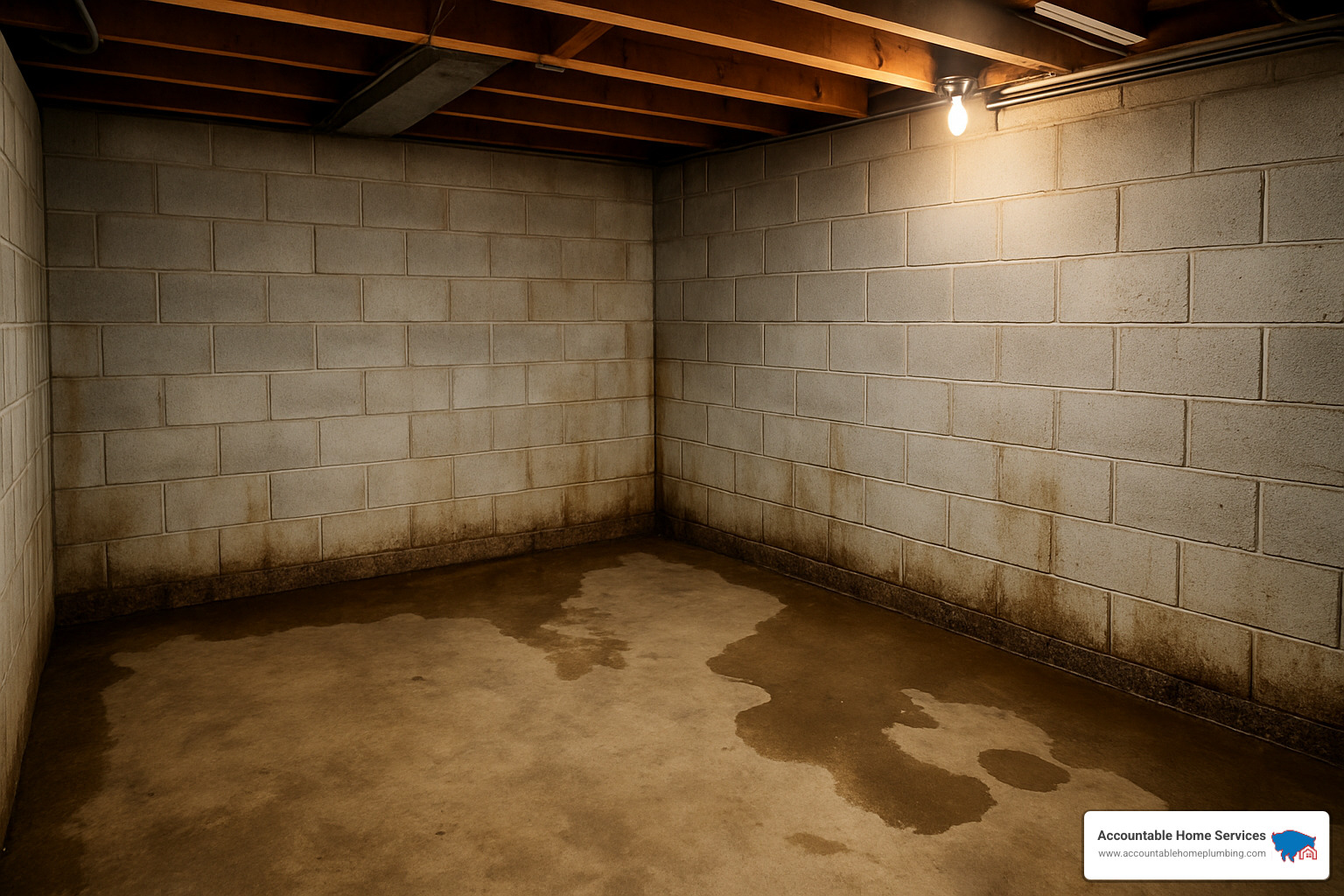
You likely need a sump pump if you've noticed standing water or dampness in your basement, especially after rainstorms. Those puddles aren't just inconvenient – they're warning signs of potential flooding issues. Similarly, damp or wet walls with peeling paint or visible moisture stains indicate water is finding its way into your basement.
That persistent musty odor you've been noticing? It's not just an unpleasant smell – it's typically a sign of mold or mildew growth caused by excess moisture. If you can actually see mold patches forming on walls, floors, or stored items, water intrusion is definitely an issue that needs addressing.
Homes in areas with a high water table are particularly vulnerable to basement flooding. The ground around your foundation is saturated with water that's constantly looking for somewhere to go – and without protection, that "somewhere" is often your basement. If your neighborhood or your specific home has a history of flooding, a sump pump isn't just recommended – it's essential.
Even small foundation cracks can allow water seepage that worsens over time. And those chalky white deposits on your basement walls? That's efflorescence – mineral deposits left behind when water evaporates, another clear indicator of moisture problems.
I've seen countless Denver homeowners ignore these warning signs until it's too late. One client recently told me, "I thought the occasional dampness was normal until I finded my stored holiday decorations were ruined by mold. The sump pump Accountable installed has kept everything bone-dry, even during our heaviest spring rains."
Beyond solving immediate water problems, a properly installed sump pump delivers significant benefits that protect your home and your peace of mind. Flood prevention is the most obvious advantage, but don't overlook how a dry basement protects your property value. Water damage can significantly decrease home value and make selling difficult.
By controlling moisture, you're also preventing harmful mold growth that can affect your family's health. Your home's foundation stays protected from water pressure that can cause structural damage over time. Many homeowners are surprised to learn that some insurance companies offer policy discounts for homes with properly installed sump pump systems.
Perhaps most valuable of all is the peace of mind that comes from knowing your home and belongings are protected during severe weather. As one Lakewood homeowner shared after we installed her system, "After years of stressing over every heavy rainfall, I finally had a professional install a proper sump pump system. The first big storm afterward, I slept soundly knowing my basement was protected."
If you've recognized any of these warning signs in your home, it's time to consider contacting reputable sump pump installation companies to evaluate your specific needs and recommend the right solution for your home's unique situation.
Sump Pump Types, Costs & Maintenance Essentials
When it comes to keeping your basement dry, not all sump pumps are created equal. Understanding your options helps you have more productive conversations with sump pump installation companies and choose the system that's right for your home.
Main Types of Sump Pumps
The workhorse of most basement waterproofing systems is the submersible pump. These units sit completely underwater in your sump pit, offering quieter operation since all that noise gets muffled by water. They're typically more powerful and efficient for most homes, though they do come with a higher price tag. The good news? They usually last 7-10 years with proper care.
If you're working with a narrow pit or watching your budget, a pedestal pump might be your answer. With the motor mounted high and dry above the pit, these pumps are easier to service and typically cost less upfront. The tradeoff is they're a bit noisier, but with lifespans of 25-30 years, many homeowners find the occasional noise worth it.
Anyone who's experienced a power outage during a rainstorm knows the sinking feeling of wondering if your basement is filling with water. That's where battery backup pumps come in handy. These secondary systems kick in automatically when the power fails, typically providing 1-2 days of protection depending on how much water they're handling.
For complete peace of mind, many of our Denver customers opt for combination systems that integrate a primary pump with battery backup. Yes, they're more expensive initially, but as one customer told me, "The first time our power went out during a thunderstorm, that backup system paid for itself in peace of mind alone."
For homes with good municipal water pressure, water-powered pumps offer an environmentally friendly backup option that requires no electricity. While they're best as secondary systems rather than your main line of defense, they're incredibly reliable when the lights go out.
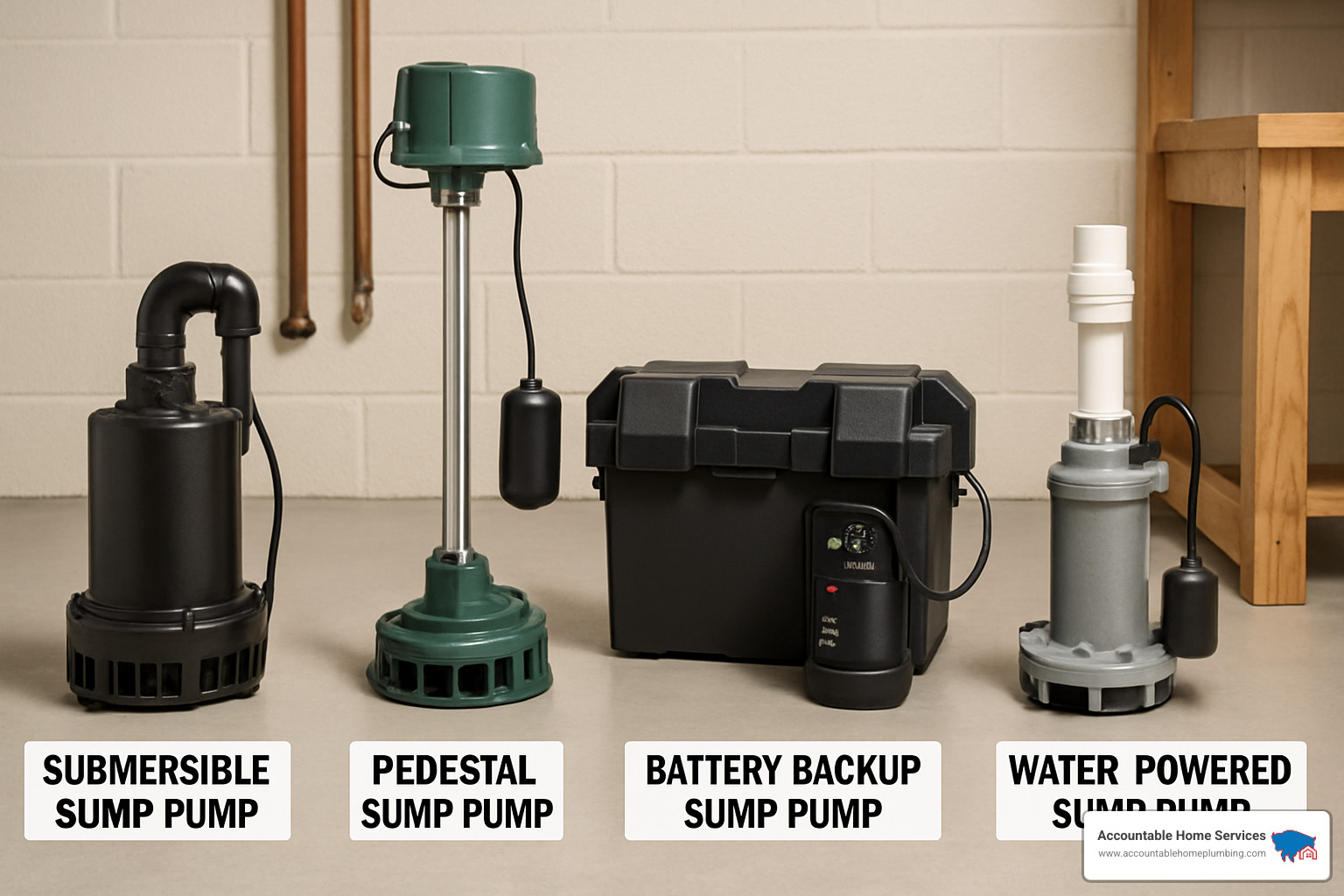
Sump Pump Installation Costs
"How much is this going to set me back?" It's the question on every homeowner's mind. The national average for sump pump installation runs about $835, but costs typically range from $480 to $1,460 depending on several factors.
The pump itself is just part of the equation. Basic pedestal models start around $60-150, while quality submersible pumps can run $150-400+. Labor costs vary by region, with professional installation typically running $45-200 per hour.
New installations almost always cost more than replacements because they require excavation work. If you need new electrical circuits or GFCI outlets, that adds to the bill. The length and complexity of your discharge piping, accessibility of your installation area, and any additional features like monitoring systems all impact the final price.
For simple replacements of existing systems, you can expect to pay less—typically around $720 nationally, ranging from $410 to $1,260.
Routine upkeep checklist
A sump pump is like any other mechanical system in your home—it needs regular TLC to work reliably. With proper maintenance, most pumps will serve you faithfully for 7-10 years.
Every three months, take a few minutes to:
- Clean debris from your sump pit and pump intake screen
- Test the float switch by manually lifting it
- Verify your discharge pipe is clear and unobstructed
- Test the pump by pouring water into the pit
Once a year, set aside time for a more thorough check:
- Inspect the power cord and GFCI outlet for damage
- Listen for unusual noises during operation
- Clean and inspect check valves
- Test backup battery systems
- Verify alarm systems are working properly
Seasonal maintenance matters too. Before spring rains hit, make sure your discharge pipes aren't frozen or blocked. Before winter sets in, check that outdoor discharge points won't freeze and that your pit is free of debris.
"The number one reason we see for sump pump failure is neglected maintenance," notes our service manager at Accountable Home Services. "A simple quarterly check can prevent thousands in water damage repairs."
For more detailed information on keeping your system in top shape, check out our guide to Sump Pump Maintenance. And if you're facing issues with an existing system, our Sump Pump Repair Costs page can help you understand what to expect.
How to Evaluate Sump Pump Installation Companies
Finding reliable sump pump installation companies shouldn't feel like searching for buried treasure in your already-damp basement. With a bit of know-how, you can confidently choose a professional who'll keep your basement dry for years to come.
Essential Qualifications to Look For
When you're inviting someone to protect one of your biggest investments—your home—you need to know they're qualified. Start by verifying they have active plumbing licenses specific to your state or locality. This isn't just paperwork; it's proof they understand local regulations and building codes that affect your installation.
Next, confirm they carry proper liability insurance and workers' compensation. This protects both you and the workers if anything goes sideways during installation. If they're also bonded, that's even better—it provides you with additional financial protection if they don't complete the work as promised.
Experience matters tremendously with sump pump installations. Ask potential companies how many systems they install annually and whether they have specific experience with your type of basement or water issues. A company that specializes in sump pumps rather than just occasionally installing them will better understand the nuances of proper placement, sizing, and drainage.
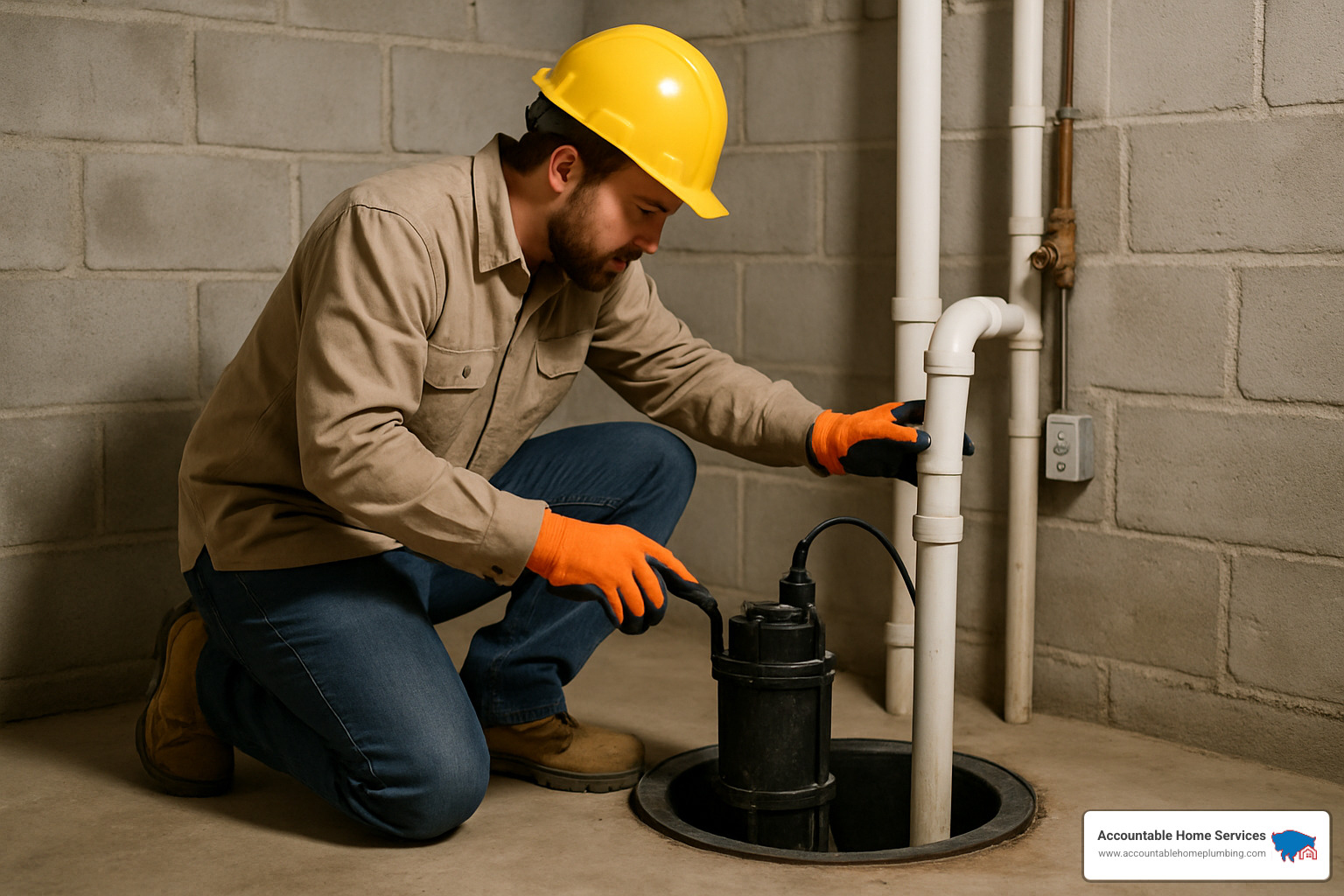
Don't just take their word for it—check their reputation carefully. Browse reviews on multiple platforms like Google and Angi, and pay attention to how they respond to any negative feedback. BBB accreditation and ratings can also provide insight into their business practices. Don't be shy about asking for references from recent installations similar to yours.
A trustworthy company will offer solid warranty and guarantee terms. Compare labor warranty periods (which should be at least 1 year) and ask about manufacturer warranties on the equipment itself. Make sure you understand exactly what's covered and what isn't, and inquire about service agreements for ongoing maintenance.
Finally, transparent pricing is non-negotiable. Reputable sump pump installation companies will provide detailed, itemized written estimates without hesitation. Be wary of companies that won't provide clear pricing upfront or those with unusually low bids—they often indicate corners being cut.
Questions to ask sump pump installation companies
When you're sitting down with potential installers, here are some conversation starters that will reveal a lot about their professionalism:
"What's your typical installation process and timeline?" Their answer should be detailed and specific, not vague. They should walk you through exactly what will happen from start to finish.
"Will you handle any necessary permits?" The best companies take care of permitting for you, saving you time and ensuring everything is up to code.
Ask about property protection: "How will you protect my flooring and belongings during installation?" and cleanup: "Will you handle all debris removal?"
Brand preferences matter too: "What brands do you recommend and why?" Their answer should show knowledge of different manufacturers' strengths and weaknesses, not just pushing whatever gives them the highest profit margin.
Discuss backup systems: "What happens if the power goes out during a storm?" A good installer will explain battery backup options or water-powered systems.
Don't forget about emergency support: "What's your response time if my system fails during a rainstorm?" The best companies offer 24/7 emergency services for such situations.
For many homeowners, financing is important: "Do you offer payment plans or financing options?" Many quality companies understand that sump pump installation is an unexpected expense and offer ways to make it more manageable.
Red flags when hiring sump pump installation companies
Trust your instincts when interviewing potential installers. Be wary if they:
Refuse to provide written estimates or contracts. This is a huge red flag—everything should be in writing to protect both parties.
Use pressure tactics to get you to sign immediately. Quality work doesn't require high-pressure sales techniques.
Request full payment upfront. While a deposit is standard, paying 100% before work begins puts you at risk.
Can't provide a physical business address or references. Legitimate businesses have real locations and happy customers who will vouch for them.
Show up in unmarked vehicles or without company identification. Professional sump pump installation companies take pride in their brand.
Give vague answers about their installation process or seem unfamiliar with local building codes. This suggests inexperience or cutting corners.
"A reputable sump pump installation company will never rush you into making an immediate decision," explains our customer service manager at Accountable Home Services. "They understand this is an important investment in your home's protection and will give you time to consider your options."
Taking time to thoroughly evaluate potential installers might seem tedious, but it's far less painful than dealing with a flooded basement due to improper installation. For more detailed information about what to expect during the installation process, check out our Sump Pump Installation guide. Scientific research has also shown that contractor licensing significantly reduces consumer complaints and improves service quality.
Roundup: Reliable Sump Pump Installation Companies
When you're looking for trustworthy sump pump installation companies, regional specialists often deliver the most knowledgeable service. Why? They understand your area's specific water tables, soil conditions, and common basement issues that affect your home's needs.
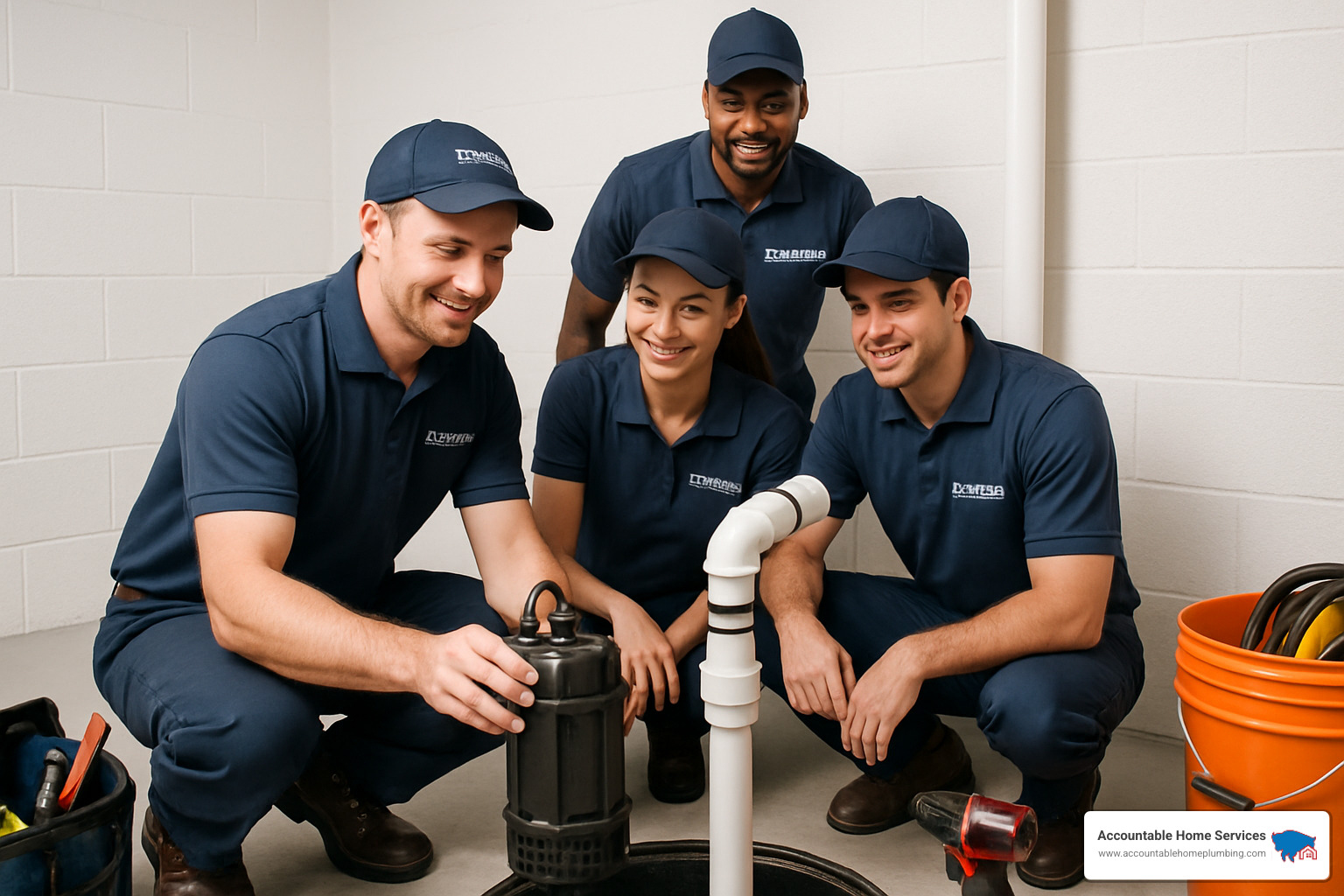
Midwest sump pump installation companies you can trust
The Midwest faces unique challenges that make specialized sump pump knowledge essential. Between spring thaws, those famous Midwestern thunderstorms, and naturally high water tables, basement protection requires expertise.
Quality sump pump installation companies in this region understand the clay-heavy soil that's common throughout the Midwest. This soil type retains water differently than sandy or loamy soil, affecting how water accumulates around your foundation. The best companies here have at least 20 years of specialized experience and aren't just general plumbers who occasionally install pumps.
What really sets apart the top Midwest installers is their comprehensive approach. They typically offer BBB accreditation with A+ ratings, dedicated sump pump specialists on staff, and warranties that cover both equipment and labor. Many even include free annual inspections with your installation and provide emergency service availability during those unpredictable storm seasons when you need help most.
Northeast sump pump installation companies for peace of mind
The Northeast presents different challenges altogether. With its aging infrastructure, historic homes with unique foundations, and severe winter conditions, you need sump pump installation companies that understand these specific issues.
The best Northeast installers are often multi-generation family businesses with deep local knowledge spanning New Jersey and Pennsylvania. They've seen it all—from narrow basement access points in 200-year-old homes to stone foundations that require specialized approaches.
What makes these companies stand out is their dual expertise in both plumbing and foundation work. Their technicians understand how to design freeze-resistant discharge systems that won't leave you with a basement full of water during harsh winters. Many offer smart pump options with remote monitoring—perfect for vacation homes or if you travel frequently during the wet seasons.
Mountain & West sump pump installation companies for dry basements
Here in the Denver Metro area and throughout Colorado, we face our own unique challenges. Snowmelt, dramatic temperature swings, and our region's distinctive soil composition create specific basement water issues that require local expertise.
At Accountable Home Plumbing, we've built our reputation on understanding these regional challenges. Before recommending any solution, we conduct a comprehensive basement assessment to identify your home's specific needs. We don't just sell you a standard system—we customize pit sizing based on your property's water table issues and select energy-efficient pumps appropriate for our altitude considerations.
"When we install a sump pump system, we're not just installing equipment—we're providing peace of mind," says our lead technician. "Knowing your home is protected during our unpredictable Colorado weather is what drives our attention to detail."
What makes our service different is our commitment to transparency and long-term reliability. We provide upfront, honest pricing with zero hidden fees, and back our work with a 5-year labor warranty on all installations. Our licensed, insured technicians specialize in basement water control, and we offer 24/7 emergency service throughout Broomfield, Westminster, Thornton, Northglenn, Arvada, Boulder, Denver, and Longmont.
We also understand that quality protection shouldn't break the bank, which is why we offer flexible financing options to make professional installations affordable for every homeowner. And to ensure your system's longevity, we provide annual maintenance plans that keep your investment protected for years to come.
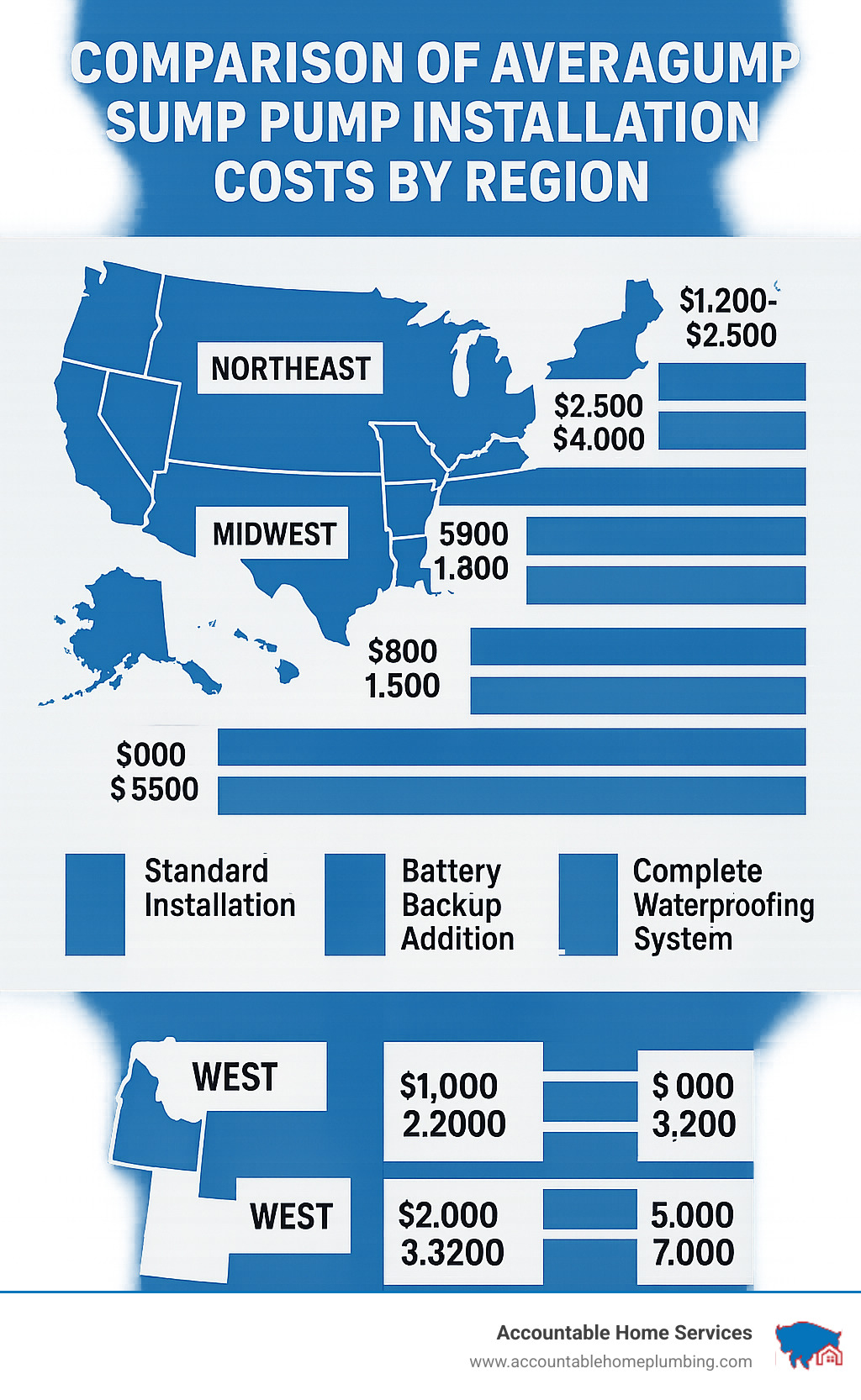
Conclusion & FAQs
Let's face it—water in your basement is never good news. A properly installed sump pump system isn't just a home improvement; it's peace of mind during those midnight thunderstorms when you'd rather be sleeping than worrying about flooding.
At Accountable Home Plumbing, we've helped countless Denver homeowners sleep better at night knowing their basements are protected. The relief on a homeowner's face when they realize they won't have to deal with water damage again is truly priceless. Our team proudly serves the entire Denver Metro area with round-the-clock emergency service, straightforward pricing, and expert installation of every type of sump pump system.
Whether you're installing your first system or replacing a pump that's seen better days, partnering with qualified sump pump installation companies gives you confidence that your basement will stay dry season after season.
How much does professional sump pump installation cost?
Most homeowners pay around $835 for professional sump pump installation, though costs typically range from $480 to $1,460 depending on your specific situation.
Your final price tag depends on several key factors. Submersible pumps cost more upfront than pedestal models but offer quieter operation and better reliability when submerged. Adding a battery backup system—which I strongly recommend for Colorado's unpredictable power outages—typically adds $200-500 to your total.
Brand new installations requiring pit excavation naturally cost more than simple replacements. Other factors affecting your bottom line include discharge pipe complexity, whether new electrical circuits are needed, basement accessibility, and regional labor rates.
At Accountable Home Plumbing, we believe in transparency. That's why we provide detailed, itemized quotes so you'll know exactly what you're paying for—no surprises or hidden fees when the bill arrives.
How often should my sump pump be serviced?
Think of your sump pump like your car—regular maintenance prevents costly breakdowns. Annual professional inspections are the minimum for most homes, though I recommend quarterly checks if you live in a high-risk area or have experienced flooding before.
A thorough maintenance visit includes cleaning the sump pit (you'd be amazed what we find in there sometimes!), testing the float switch and pump operation, inspecting the check valve and discharge line, checking electrical connections, and verifying any backup systems are ready to go.
For battery backup systems, plan on replacing batteries every 3-5 years. I always tell homeowners to schedule maintenance in early spring before heavy rains arrive and again in fall before winter freezes set in. It's much better to find issues during a scheduled maintenance visit than during a 3 AM emergency!
What warranty should I expect from sump pump installation companies?
Quality sump pump installation companies should stand behind their work with solid warranty coverage. For labor, look for at least a 1-year warranty, though better companies (like us!) offer 2-5 years of coverage.
The pumps themselves typically come with manufacturer warranties ranging from 3-5 years, with premium models offering up to 10 years of protection. Battery backup warranties usually cover 1-3 years for the battery component itself.
Always get warranty details in writing and understand exactly what's covered. Some warranties only cover specific components, while others provide comprehensive protection. At Accountable Home Plumbing, we not only provide detailed warranty information but also register manufacturer warranties on your behalf—one less thing for you to worry about.
Regular maintenance is often required to keep warranties valid. Many of our customers find that annual service plans are not only cost-effective but also ensure their warranty remains intact while keeping their system running smoothly.
For personalized advice on sump pump installation or to schedule a consultation in the Denver Metro area, reach out to our friendly team at Accountable Home Plumbing. We're dedicated to keeping your basement dry, your belongings safe, and your mind at ease—no matter what Mother Nature throws our way.

